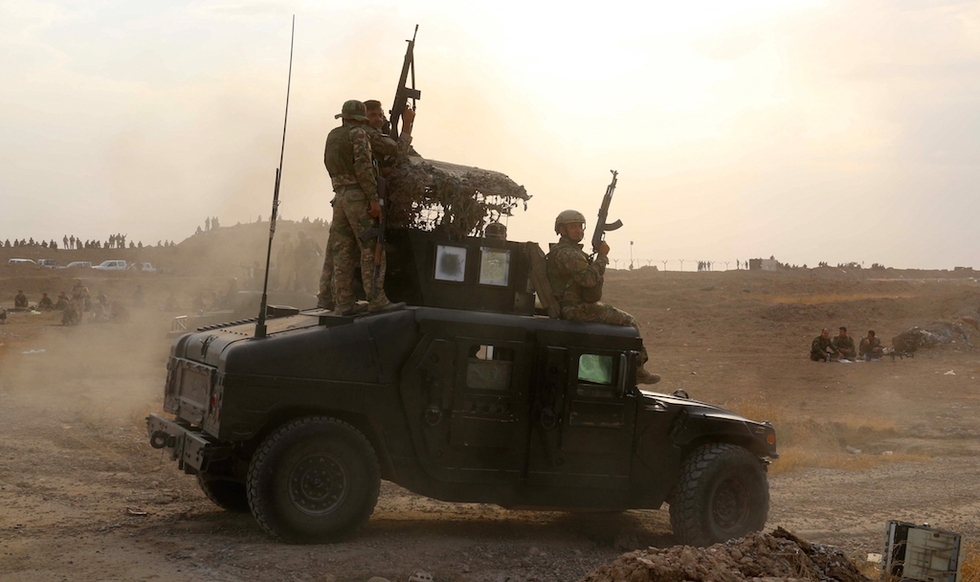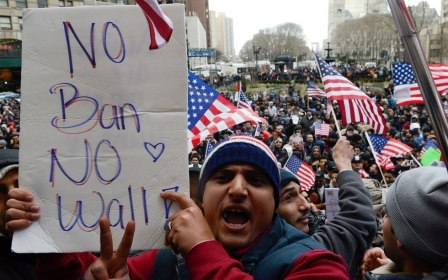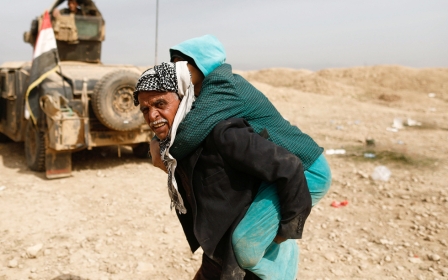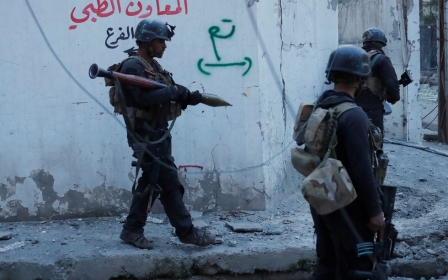Kurdish forces occupy oil facility in Kirkuk, provoking Iraqi government

Kurdish forces occupied an oilfield in Iraq's Kirkuk, briefly halting the production of oil, as a warning to the Iraqi government over ownership of the country's energy resources.
Forces linked to the centre-left Patriotic Union of Kurdistan (PUK), the second largest party in the coalition governing the semi-autonomous Kurdistan Regional Government (KRG), took control of the oil facility on Thursday for reasons that were initially reported as involving a search for explosive devices.
A senior executive from the state-run North Oil Company told Reuters that the fighters had "ordered the shutdown of the pumping station for security reasons", resulting in the halting of oil exports to Turkey. Prior to the shutdown, the Kirkuk fields were pumping around 120,000 barrels per day, the oil executive added.
Show of force
However, according to a PUK spokesperson, the occupation was a show of force to the central government that the Kurds deserved to benefit from oil in Kirkuk, which has been historically claimed by Kurdish nationalists as part of a future independent Kurdistan.
"Deployment of troops in Kirkuk is to show Baghdad, Kirkuk's oil is for the people of Kirkuk," Aso Mamand, the head of PUK's office in Kirkuk, said at a press conference on Thursday.
"We have deployed troops to prevent Baghdad from exporting Kirkuk’s oil to Mosul and Baghdad. Baghdad wants to export Kirkuk’s oil for the rest of Iraq while our people are in desperate need for it."
A statement from the office of Iraqi Prime Minister Haider al-Abadi said they would "examine" the incident before responding.
The KRG, which was hailed by some after its establishment in 2005 as the "new Dubai", has been in a fragile economic state since 2014 when the beginning of an onslaught by the Islamic State group saw intense fighting and a major influx of refugees.
The devolved government has repeatedly said it needs to export oil independently, as Baghdad has not paid its budget share just as the region urgently needs money.
In response, Baghdad has said it would sue buyers of Kurdish oil, arguing that the central government was the only legal exporter.
On Tuesday, Reuters reported that the KRG had increased the loans guaranteed by future oil sales to $3 billion in new deals with various trading houses and the Russian state oil firm Rosneft in a move aimed at strengthening its fiscal position as it continued to fight the Islamic State group.
Economic independence
Kurdistan's natural sources minister Ashti Hawrami told Reuters new debt talks concluded in recent weeks gave the region grace periods of between three and five years for repaying the debt.
"This helps our economic independence, although it is important to understand that this cannot be achieved just by oil revenues and higher oil prices. We also need to press on with our economic reforms," Hawrami said in an interview in London.
"We have learnt a lot from the oil price shock, the costs of fighting ISIS, and the burden of some 1.8 million refugees coming to our territory... Reform is a must – we have a lot of debts to deal with."
Trading houses have been pre-financing Kurdish oil exports for the past two years on a fairly short-term basis after the government in Erbil decided to start independent oil exports via Turkey's Mediterranean terminals. Now traders will loan money to Kurdistan for several years. Rosneft became a lender last week.
Some have also suggested that the seizing of the oil field is part of the long-running spat between the PUK and the Kurdistan Democratic Party (KDP), the largest party in the region.
The PUK has accused the KDP and the Barzani family - who have historically dominated both the party and the KRG as a whole - of exploiting oil revenue shares in the past.
One KDP official told Rudaw that they had been aware of the plan to move into the oil field, but would not elaborate on the motive.
“Last night we had knowledge that the force would be moved and they have done it unilaterally,” said Mohammed Khurshid, head of the KDP branch in Kirkuk.
He added that they had assurances that the PUK would withdraw their forces.
Middle East Eye propose une couverture et une analyse indépendantes et incomparables du Moyen-Orient, de l’Afrique du Nord et d’autres régions du monde. Pour en savoir plus sur la reprise de ce contenu et les frais qui s’appliquent, veuillez remplir ce formulaire [en anglais]. Pour en savoir plus sur MEE, cliquez ici [en anglais].




